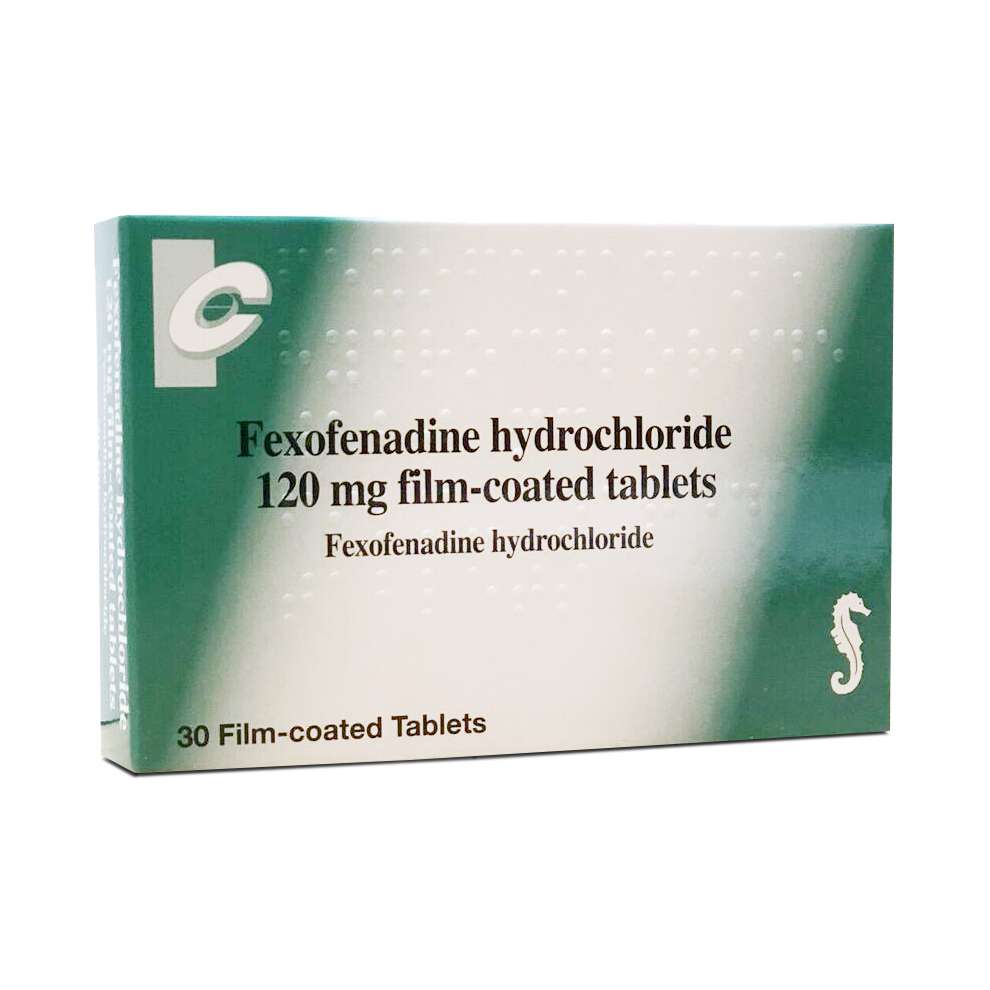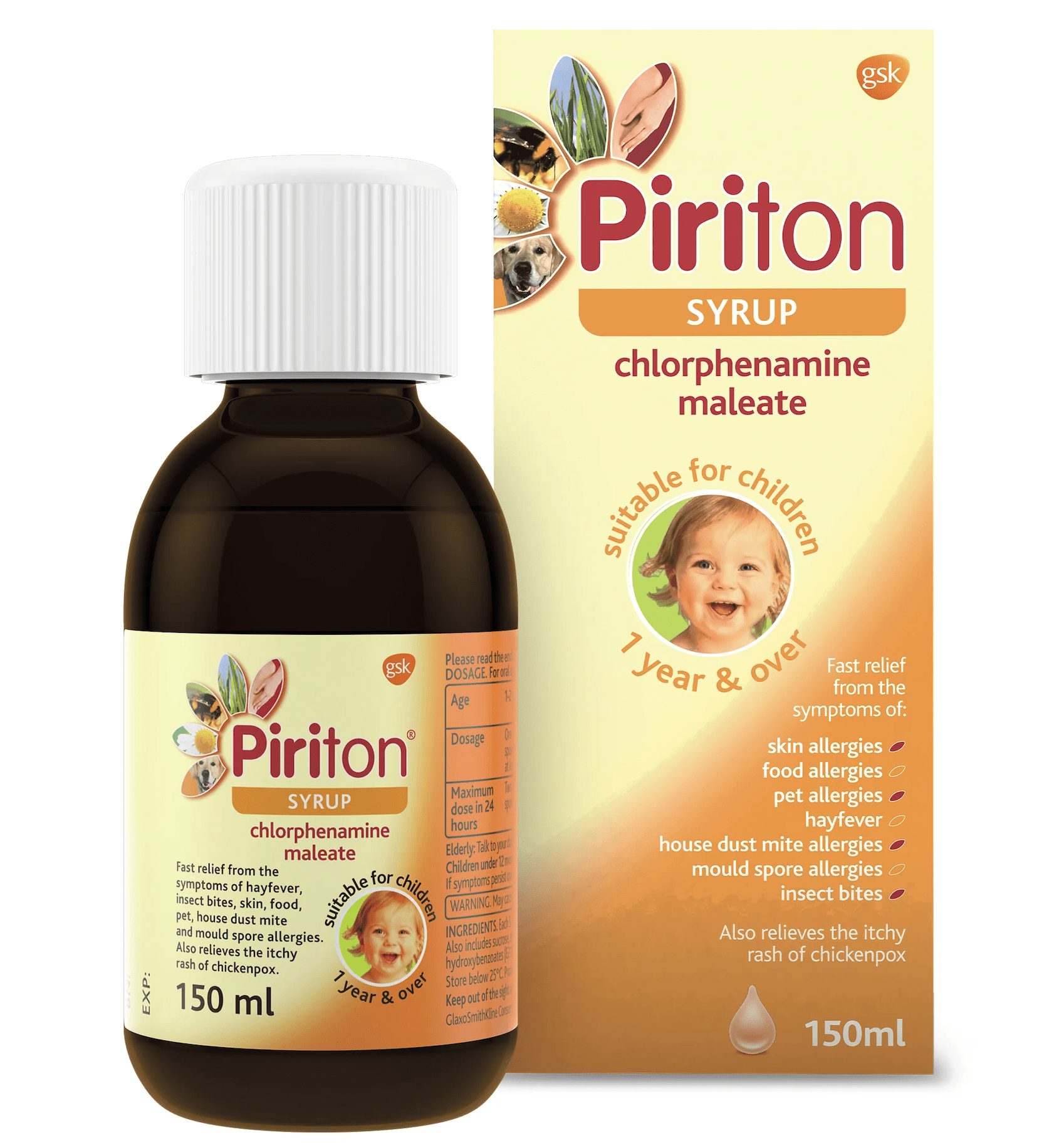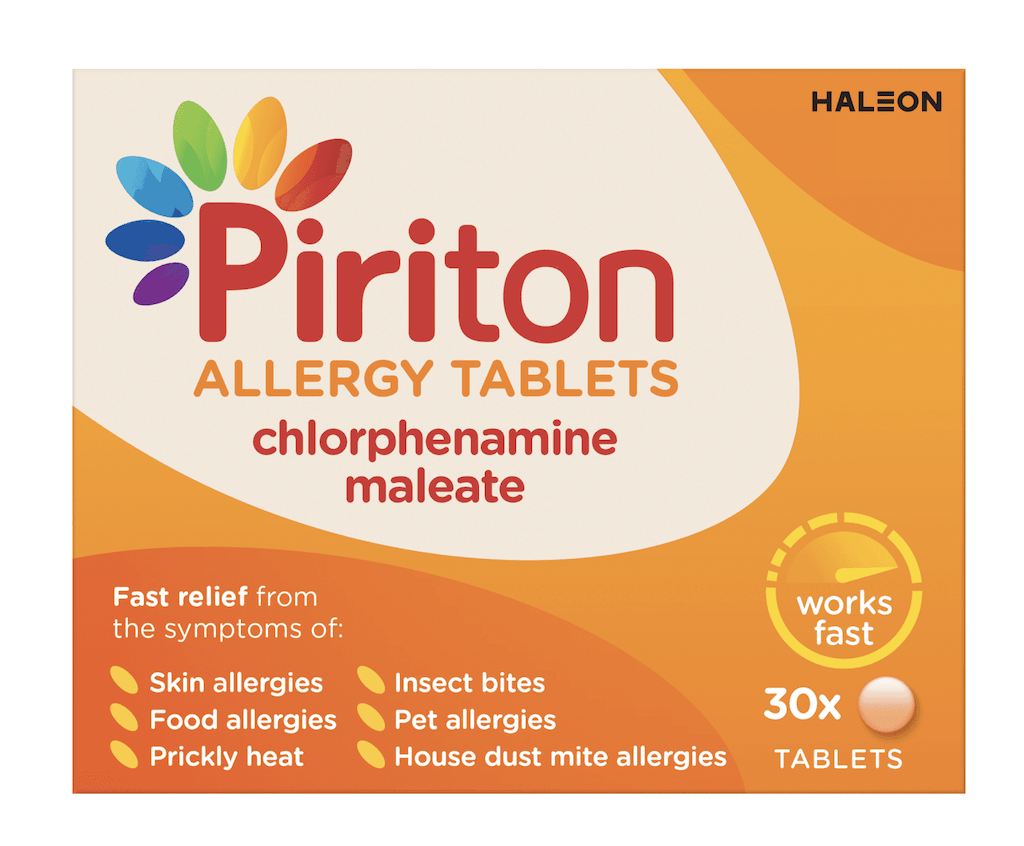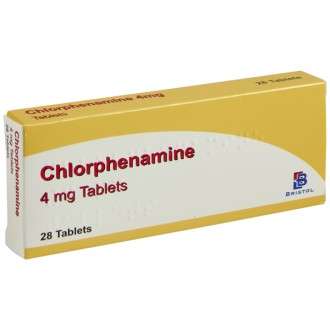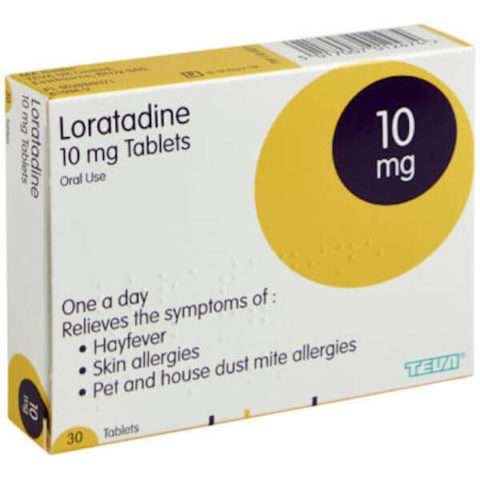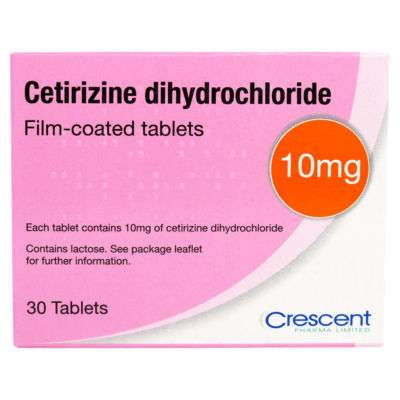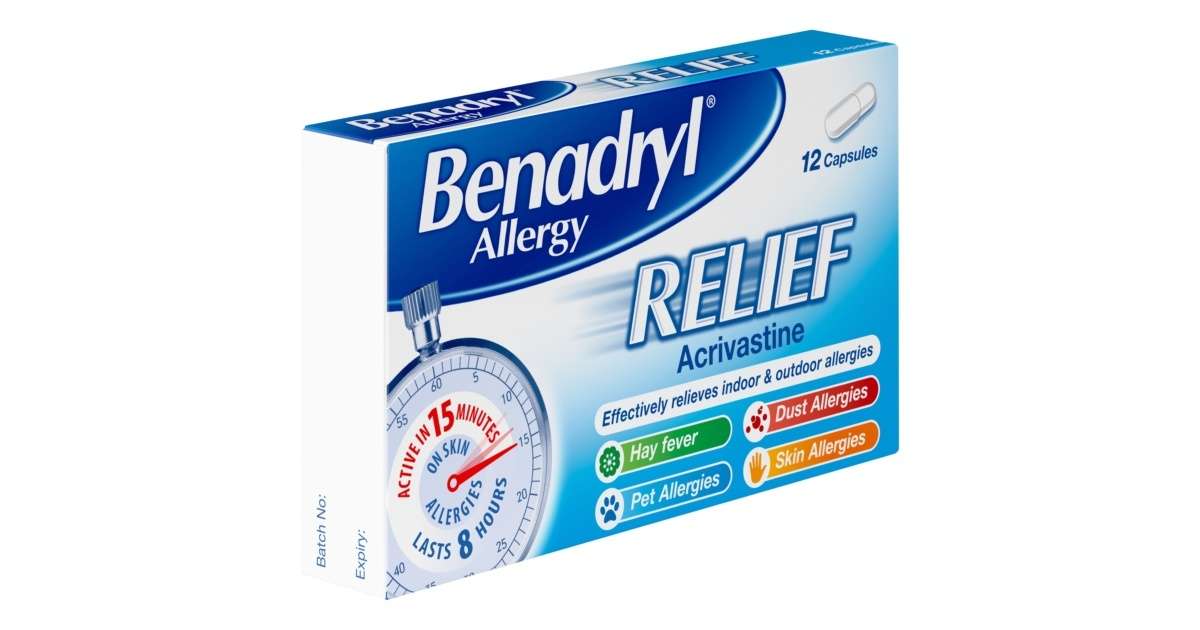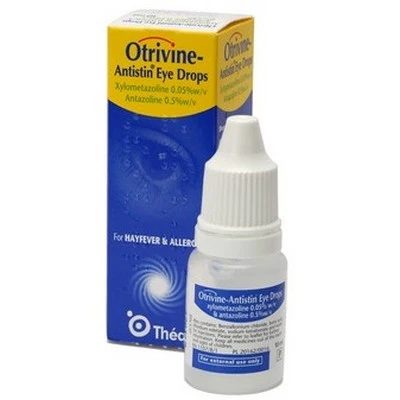Understanding Hay Fever: Causes, Symptoms, and Treatment
Hay fever, also known as allergic rhinitis, is a common condition that affects millions of people in the UK each year. This allergic reaction occurs when your immune system overreacts to harmless airborne substances, primarily pollen. If you’re struggling with hay fever symptoms, you’re not alone, and there are effective ways to manage this condition.
Common Symptoms
Hay fever can cause a range of uncomfortable symptoms, including:
- Itchy, red, or watery eyes
- Sneezing and a blocked or runny nose
- Itchy throat, nose, and skin
- Coughing
- Fatigue and difficulty sleeping
These symptoms can significantly impact your daily life, making it challenging to work, study, or enjoy outdoor activities
Causes and Triggers
The primary cause of hay fever is an allergic response to pollen from trees, grasses, and weeds. In the UK, hay fever is most common between late March and September when pollen counts are at their highest. Different types of pollen are released throughout the season:
- Tree pollen: Early spring
- Grass pollen: Late spring to early summer
- Weed pollen: Late autumn
Effective Treatment Options
While there’s no cure for hay fever, several treatments can help manage your symptoms effectively:
- Antihistamines: These medications block the effects of histamine, reducing allergy symptoms.
- Nasal corticosteroids: These sprays help reduce inflammation in the nasal passages.
- Eye drops: Specially formulated drops can relieve itchy, watery eyes.
- Decongestants: These can provide short-term relief from nasal congestion.
Prevention and Self-Care
&nbps;
In addition to medication, there are several steps you can take to minimise your exposure to pollen:
- Check pollen forecasts and stay indoors when counts are high
- Keep windows closed during high pollen periods
- Shower and change clothes after being outdoors
- Wear wraparound sunglasses to protect your eyes


